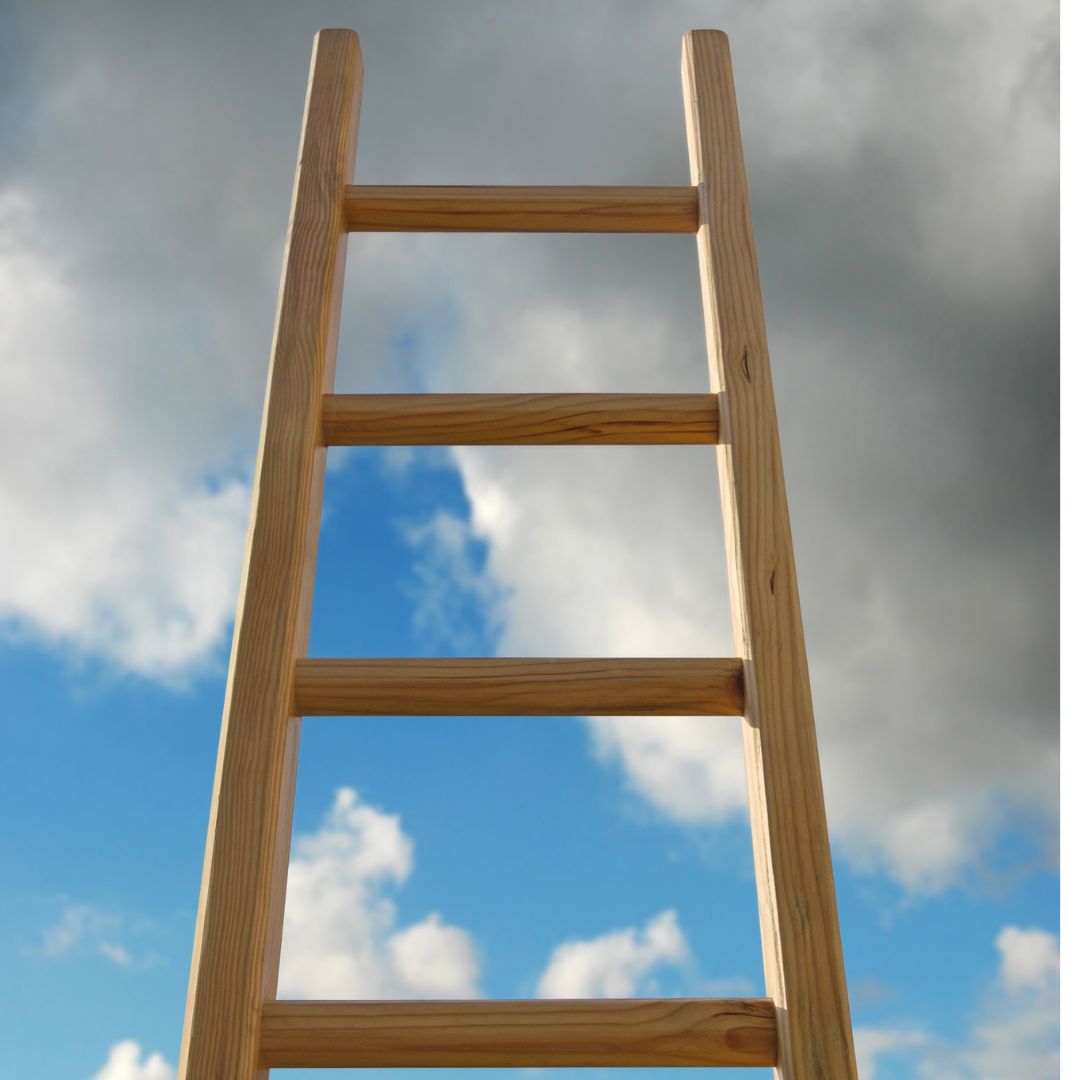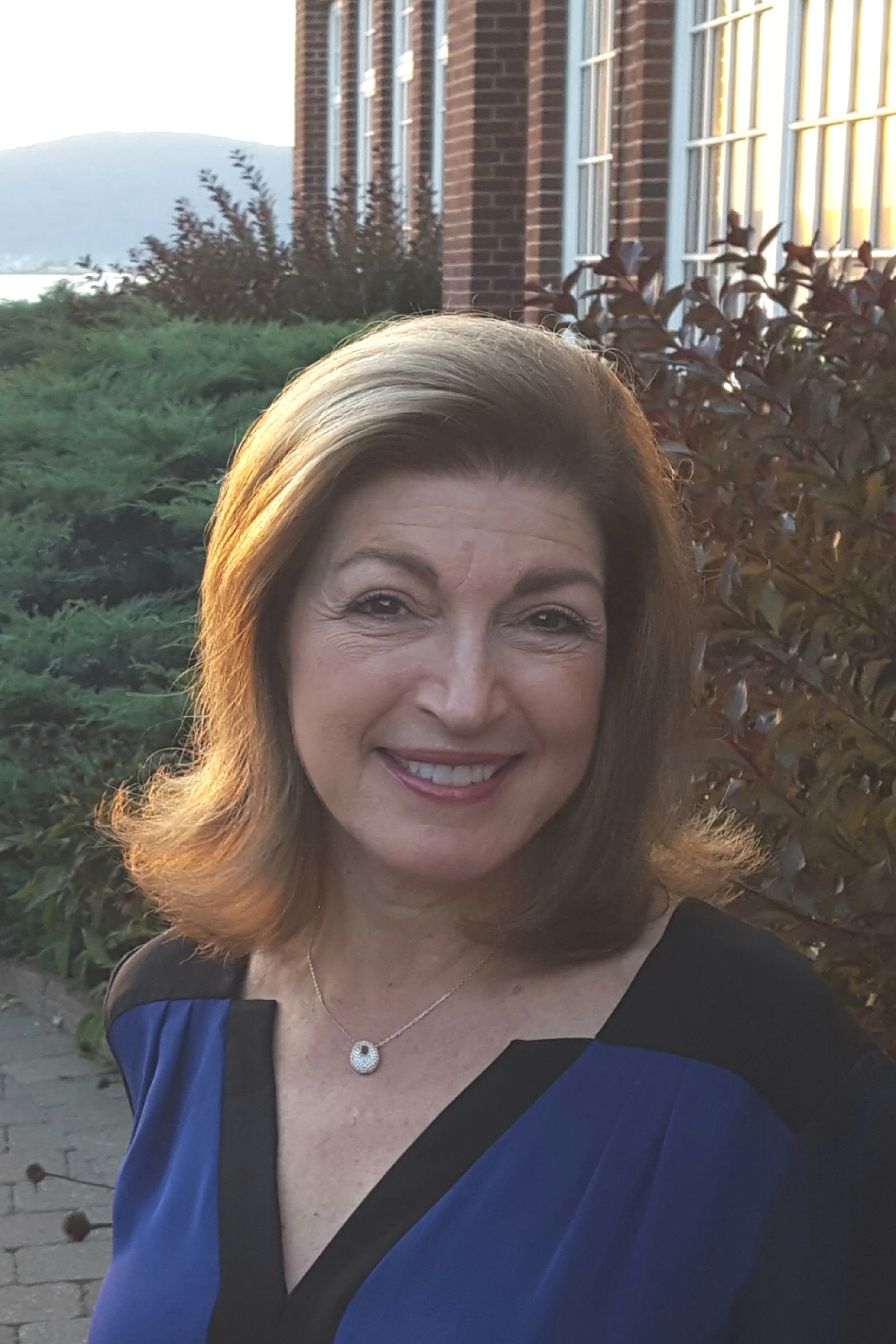
Parashat Vayeitzei ranks as one of the most inspirational and referenced biblical portions. In it, Jacob flees Beersheba to go to his Uncle Laban’s household in Haran. He lives there for several years, marries Laban’s daughters, Leah and Rachel, and has many children, the progenitors of the 12 tribes of Israel. On his journey, Jacob dreams of a ladder that stretches from Earth to heaven with angels of God ascending and descending the ladder.
This summary does not reflect the complexity of all that transpires in the parashah. On this journey, Jacob struggles with the realities of existence, his human frailty, and his relationship with God. He dreams, he wrestles with the Divine, he suffers and he builds. This journey is both corporal and spiritual. For us, as women of WRJ, our journeys reflect the same duality.
In this Torah portion:
He (Jacob) dreamed, and lo – a ladder was set on the ground, with its top reaching to heaven, and lo – angels of God going up and coming down on it. - Genesis 28:12
God, in this dream, then promises Jacob the patrimony of the Jewish people – a homeland, multiple descendants, and God’s blessing and protection for the future.
Waking from his sleep, Jacob said, “Truly, God is in this place, and I did not know it!” He was awestruck, and said, “How awe-inspiring is this place! This is none other than the house of God, and this is the gate of heaven!” - Genesis 28:16-17
In Midrash Rabbah, Jacob’s ladder is a vision of Mount Sinai. We can view Jacob as a visionary anticipating that a people wandering in the desert becomes a nation through a shared history, and a Divine directive, the Torah, with the obligation to obey laws, rules, and a timeless ethical system.
For the 11th century poet and biblical commentator Rabbi Solomon ibn Gabirol the ladder and the angels represent the spiritual aspect of the human condition and the wisdom we acquire through spiritual living.
For me, the ladder is the connection between heaven and Earth, which we travel in life, as contemporary Jews, with the guidance of Torah and the wisdom we garner from personal experience to act in an ethical and moral fashion. Our “house of God” is the Earth we inhabit, the arena where we balance good and bad, and seek to bring divine inspiration to daily life. This is our challenge and guides our choices as individuals and as members of Women of Reform Judaism.
According to Rabbi Karyn Kedar, Rabbi Emerita at Congregation B’nai Jehoshua Beth Elohim in Deerfield, IL, “Jacob’s dream and Jacob himself inspire us. We are inspired by his imperfections because they show us that we can falter and still find purpose. We are inspired by his journey. We are inspired by his struggle. And we are inspired by his perseverance. Jacob is an inspirational leader. Inspirational leadership appeals to the inner sanctum of our being, deeply touching that which is essential in life. It awakens the yearning for meaning and purpose that slumbers in our heart, moving us off the neatly made bed of complacency, unlocking the wonder and enthusiasm that silently lives in our hearts. It motivates us to live and act as if we really mean it and as if our actions mean something.”
This speaks to me as a representative of WRJ. Rabbi Kedar’s description of Jacob and what his leadership legacy represents serves as a model for who we are and what we aspire to be.
Many of us have come to WRJ without substantial leadership training or experience. But we are drawn to the mission of WRJ to promote Jewish values, create community, lift up women, engage in Tikkun Olam and do our best to ensure a future for Jewish life and our faith. We strive to learn, to teach others, to correct our mistakes, to do better next time, and to work collectively to bring our mission to fruition. As with Jacob, sometimes our journey is joyous, sometimes we falter, but it is always meaningful and purposeful. We persevere. We learn individually and together how to be better people and how to be leaders.
How many times in numerous WRJ videos do WRJ women say that they have become the women they are today because of their association with WRJ? How often do we hear that women have found a special community in WRJ? How often do women share that they have found joy, meaning, and purpose in their lives because of WRJ? How many of us are inspired to be more and do more because of our involvement with WRJ?
Like Jacob, we, the women of WRJ, are inspirational leaders. We are inspired by the vision of WRJ and a future we strive to build. We still have much to do, much to learn, mistakes to make, and achievements to celebrate. With God’s guidance, our talents, spirit, and work, we will succeed.
Ken Y’ratzhon and Shabbat Shalom.
Related Posts

Parashat Yom Rishon shel Rosh HaShanah

Cultivating a Culture of Accountability and Belonging


